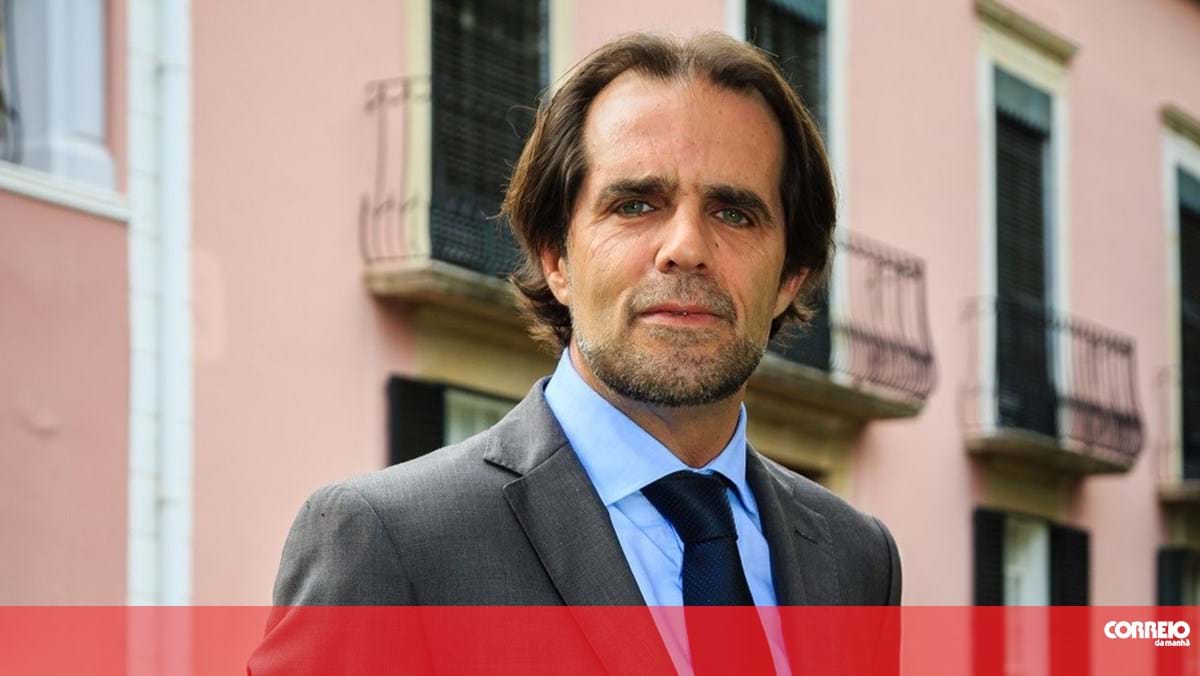The President of the Regional Government of Madeira said this Wednesday that he is considering taking additional measures to mitigate the effects of inflation, such as lowering the IRS and expanding support for scholarships, to those announced by the government of the Republic.
“We have a reserve” to implement additional measures to those announced on Monday by the government of the republic, Miguel Albuquerque told reporters on the sidelines of his visit to the company in the automotive sector.
The Chief Executive of Madeira (PSD/CDS) indicated that one of the goals being analyzed is “to increase the amount of support for scholarships” and “possibly support for kindergartens”.
“The biggest investment we make is education and higher education for our youth. I think we have opportunities to increase scholarships for higher education,” he stressed.
The island official added that “it is also possible next year to lower the IRS, especially at levels 3 and 4” in this archipelago.
“This is a point of view that I analyze with the regional finance secretary of Madeira,” he said.
However, Miguel Albuquerque argued that while there is still scope for the regional government to implement additional measures, many of them are “already implemented”, citing Social Pass Support (8ME), Supplement for the Elderly (4ME), Day Care as examples. centers (4ME), in addition to bottled gas support, among others.
The chairman of the island government once again defended that a possible “VAT reduction should be well calculated”, saying that “it does not have a direct impact on the consumer” and often these reductions are “absorbed by the network”.
He recalled that in this region, about 60 goods already have reduced VAT, given that this tax “does not take into account the income of everyone.”
“I’m much more for cutting the so-called progressive tax than for cutting the indirect tax,” he said.
Albuquerque stressed that “only 1% VAT reduction in Madeira means 24.5% in the region’s revenue”, stressing: “I have to manage the budget balance because we need revenue to cover the costs we have for health care, education and etc. ” .
The government, led by António Costa, announced on Monday a €2.4 billion family income support package to mitigate the effects of inflation and rising energy prices.
Measures include reducing VAT on electricity sales from the current 13% to 6% by December 2023, extending the suspension of carbon tax hikes until the end of the year, returning additional VAT income to citizens, and reducing COI (tax on petroleum products).
An extraordinary payment of EUR 125 will also be granted to every non-pensioner with an income of up to EUR 2,700 gross per month, and all families, regardless of income, will be granted an extraordinary payment of EUR 50 for each descendant aged up to 24 years old. the age at which your position is.
Pensioners will receive pensions for 14 and a half months instead of the usual 14 months, with an additional half of the pension paid in October.
An increase in pensions was also announced in 2023 by 4.43% for pensions up to 886 euros, 4.07% for pensions from 886 to 2659 euros and 3.53% for other pensions subject to renewal.
Author: Lusa
Source: CM Jornal




